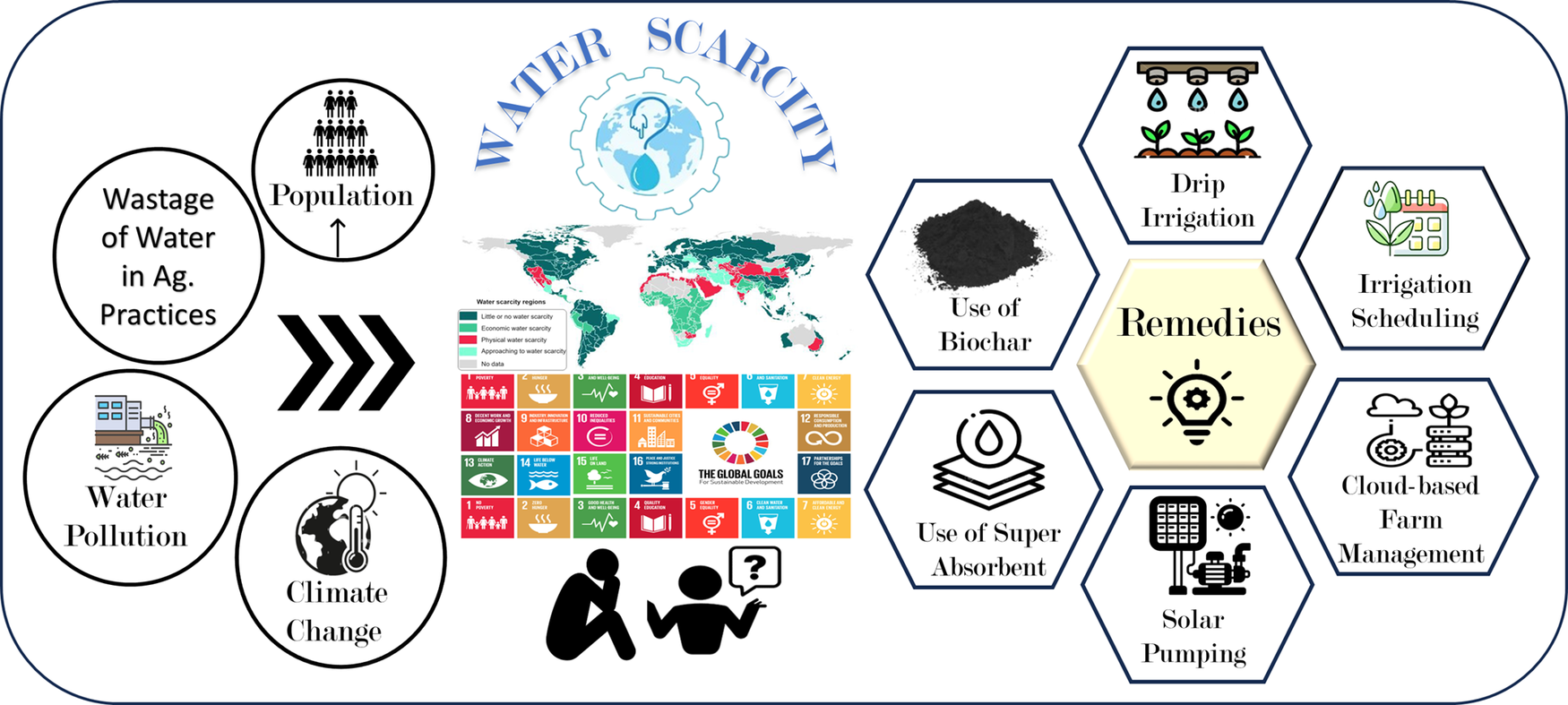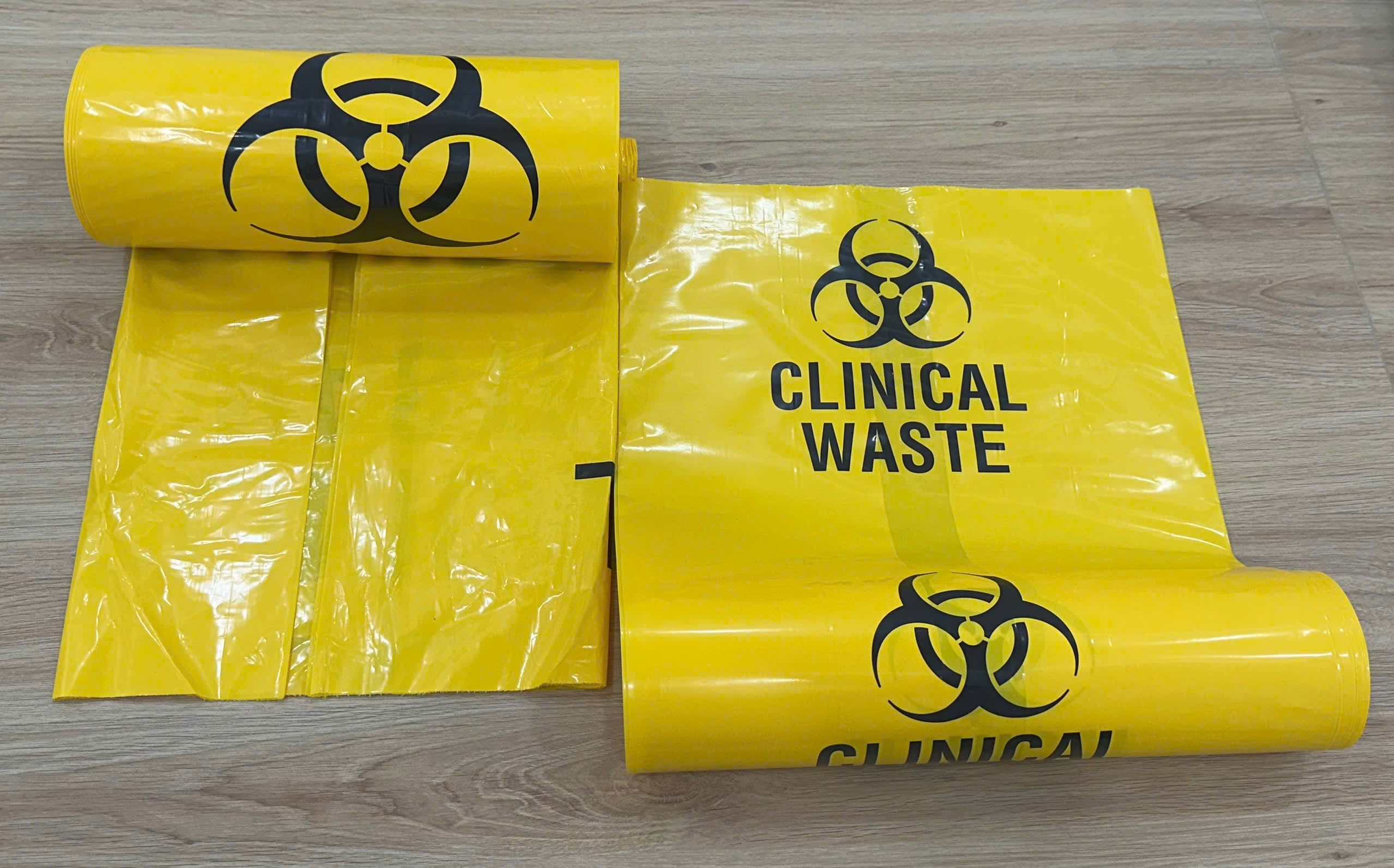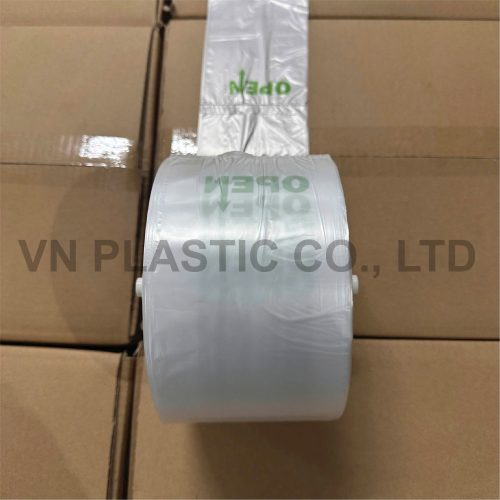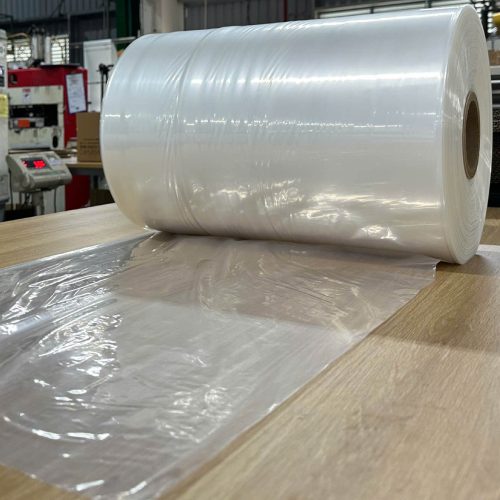The agricultural films market is thriving, with over 158,000 products available to meet diverse needs in farming, packaging, and industrial applications. This article explores the types of agricultural films, their materials, features, and potential uses, providing a detailed guide for farmers and industry professionals seeking effective solutions.
Understanding Agricultural Films

Agricultural films are specialized plastic materials used in farming and horticulture. They serve a multitude of purposes, including crop protection, moisture retention, and temperature regulation. The films come in various forms, each tailored to specific agricultural tasks.
Key Materials Used
- Polyvinyl Chloride (PVC)
- Type: Stretch Film
- Transparency: Transparent
- Hardness: Soft
- Molding Method: Calendering
- Applications: Primarily used for covering crops and protecting them from environmental factors.
- Polyethylene (PE)
- Types Available:
- Stretch Film
- Woven Film
- Transparency: Both transparent and opaque options are available.
- Hardness: Generally soft
- Molding Methods: Blow molding and woven techniques
- Features: Some PE films are 100% biodegradable and provide UV resistance, making them suitable for environmentally conscious farming practices.
- Types Available:
- Polypropylene (PP)
- Usage: Commonly utilized in agricultural textiles and packaging.
- Features: Eco-friendly properties along with breathability, tear-resistance, and waterproof capabilities.
- Low-Density Polyethylene (LDPE)
- Transparency: Usually transparent
- Durability: Offers a lifespan of about three years, contributing to its popularity in packaging.
- Industrial Use: Widely used in food, pharmaceuticals, and agriculture.
- Metallocene and Linear Low-Density Polyethylene (LLDPE)
- Features: Moisture-proof, these materials are often used in greenhouse films and as agricultural packaging films.
Film Thickness and Features
- Thickness Options: Agricultural films can range from 10 to 400 microns, depending on their intended use.
- Biodegradability: Many films are designed to be eco-friendly, offering features such as anti-algae and insect-proof capabilities.
- Color Variety: Available colors include clear, green, blue, black, and more, allowing farmers to choose based on specific crop needs.
Applications and Industries Served

The versatility of agricultural films extends across several industries:
Agricultural Use
- Plastic Greenhouses: Films are essential for creating controlled environments that enhance plant growth.
- Crop Protection: By shielding crops from harsh weather and pests, these films contribute significantly to yield improvement.
Industrial Use
- Food Packaging: Agricultural films help in preserving food quality, extending shelf life while maintaining freshness.
- Medical and Pharmaceutical Packaging: Ensuring product safety during transportation and storage.
Specialized Film Types

Several specialized film types cater to specific agricultural requirements:
Greenhouse Films
- Typically made of LLDPE, these films are designed to maximize light penetration while providing insulation against temperature fluctuations.
Silage Bale Wraps
- These films are crucial for preserving fodder quality in livestock production. Made primarily from PE, they ensure moisture resistance and UV protection.
Reflective and Protective Films
- Used for orchard trees and crop covering, these films reduce heat stress by reflecting sunlight, thus helping maintain optimal growing conditions.
Anti-UV Films
- Designed specifically to block harmful UV rays, these films help protect sensitive plants and soil, promoting healthy crop development.
Product Availability and Purchasing Options
With a vast number of suppliers and manufacturers, purchasing agricultural films is straightforward. Many wholesalers offer free samples, ensuring customers can assess the quality before committing to larger orders. Notable features when considering purchases include:
- Durability: Lifespans typically range from 3 to 10 years, depending on usage and material.
- Certifications: Products often carry CE certification, indicative of compliance with European safety standards.
Pricing Considerations
Price points vary widely based on material, thickness, and special features. Bulk purchasing options can lead to significant discounts, making it advantageous for large-scale operations.
Conclusion
With a wide variety of agricultural films available, farmers and industrial users have access to innovative solutions that enhance productivity and sustainability. From basic stretch films to specialized greenhouse covers, understanding the options in the market allows for informed choices that support agricultural success.




